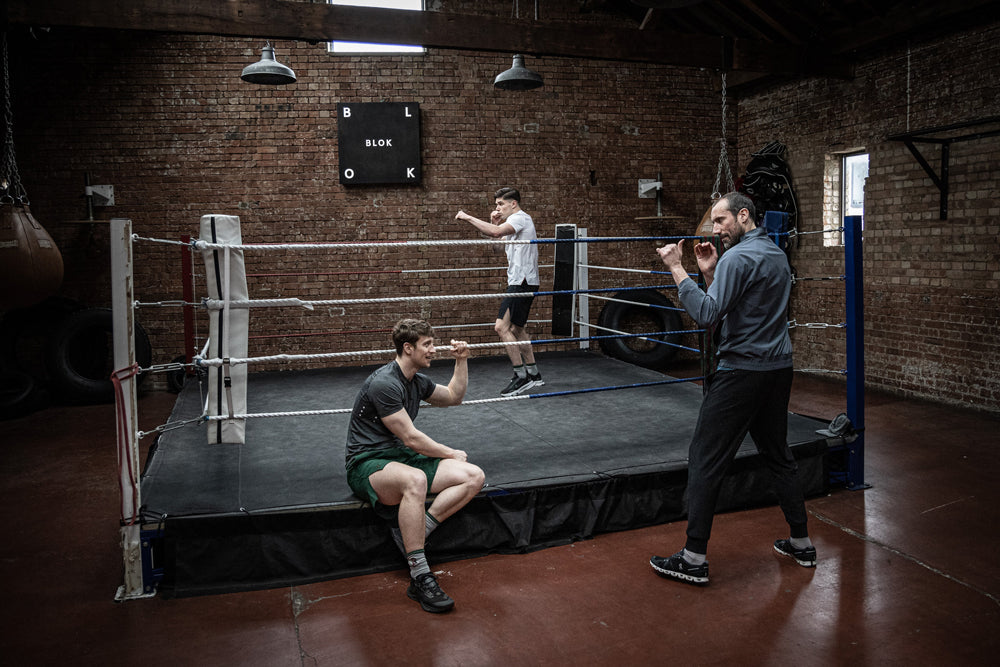
ROOTS and CULTURE
“A people without the knowledge of their past history, origin and culture is like a tree without roots.”
- Marcus Garvey.
It is well known that being part of something and feeling like you belong somewhere feels good to most people. Belonging is a universal human need, ingrained in our motivation as a species and stemming deeply from our ancestral roots.
I grew up - in part - belonging to the Scottish Highlands. When I wasn’t at school, I was in the Highlands, our clan’s heartland. Even though I wasn’t born in Scotland, had an English accent (and mother) and went to school in England, there was always something about Scotland - or the Highlands specifically - where I felt I belonged. I loved the things that everyone loves about them: Nessie, Gaelic clans, kilts, bagpipes and the extraordinary rugged landscapes. If someone referred to me as a Scot, I would mentally correct them - I was a Highlander. My national identity or pride was more specific than just being Scottish - I was a member of Clan Fraser, from Inverness-shire where my father’s family have lived since 1176.
A typical scenario growing up would be attending a ceilidh (pron: ‘kay-lee’), dancing reels with everyone between the ages of 8-to-80, clad in varying patterns of tartan that identify their clan, jostled along by the sound of bagpipes, a flute and a violin. The atmosphere was inclusive and communal. There was no obligation to dance, you could sit aside, watch and laugh as others clicked their heels or looked lost in amongst the chaos, but there was nothing out of place in dancing with someone ‘better’ than you or twice your age. By the end of a night, you’d have danced with almost everyone at some point. My memories are that these events were entirely liberating. Despite coming across nothing similar while living in London, I felt like I fitted right in - this was The Highlands and this is how it was there. I was a part of it.
Living in London - a vast melting pot of identity - I am aware of the rich array of cultural influences that I’m exposed to on a day to day basis. Asides the prevailing dominance of American culture in our day-to-day lives in Western Europe; London is no exception, there are some cultural norms that have permeated our day-to-day more successfully than others.
At first it may appear odd to talk about a cultural movement like Rastafari; a way of life, a social movement and religion, born out of a search for collectivisation and identity. The backdrop to the emergence of Rastafari is a history of shared suffering, deprivation, abject poverty and persecution. For about 400 years Pan-African slaves were transported across the Atlantic to work in sub-human conditions for the duration of their lives, only for their children to inherit the same life of indentured servitude. On arrival at various plantations, these slaves often didn’t speak the language of their fellow slaves. Deprived of everything except what was necessary to keep them alive, the one thing that couldn’t be taken away were words and sounds. The African drum, or ‘nyabinghi’ was the backbone to the ceremonies that celebrated their collective identity and lost cultures, expressed through music. The establishment of the cultural norms that characterise Rastafarianism is a story that underlines the very human need to form and keep relationships with others. This sense of collective identity was the greatest source of strength and spirituality through the years.
There are not many shared cultural traits between Highlanders and Rastafarians to speak of. But what is clear is that both of their respective identities are so recognisable and unique. Both cultures have been shaped by a long history, with so many experiences that are remembered through songs, rituals and celebrations. There are countless other distinctive cultures that have grown through shared experiences and depending on where you live in the world depends on what cultural exports will have mixed and matched with your own. It is a universal need to belong and our identity comes from what we belong to. A clear identity is confident, it is attractive, it is distinct and it is guiding. Having a clear sense of where you’re from, allows us to go where we need to go. Our identity is like a guidance chip to becoming our chosen self.
And now - in a global, modern world - with inner city environments in particular populated by a rich array of cultural differences, one of the most successful guardians of community and belonging is the boxing gym. There is no better leveller than boxing and no better level of pan-inclusivity to be found than in the boxing gym. The culture in a boxing gym is derived from the existential reality that boxing is hard. Boxing is the unofficial definition of resilience in the dictionary. Anyone who boxes has faced the duress of the sport and an atmosphere of respect permeates boxing gyms, because this will to embrace this duress is a badge of honour. Anyone who has competed has faced the knowledge that risk lurks behind every punch. Knowing this breeds respect for your opponent. When you acknowledge that your opponent can hurt like you, the notions of colour, creed, sexual-orientation, religion or background pale far into insignificance. Whether you are a Highlander or a Rastafarian doesn’t matter. What does is resilience, respect and inclusivity - that is the culture. Boxing is so defining, it is an identity and it is one heck of a platform to propel you forwards in this world.

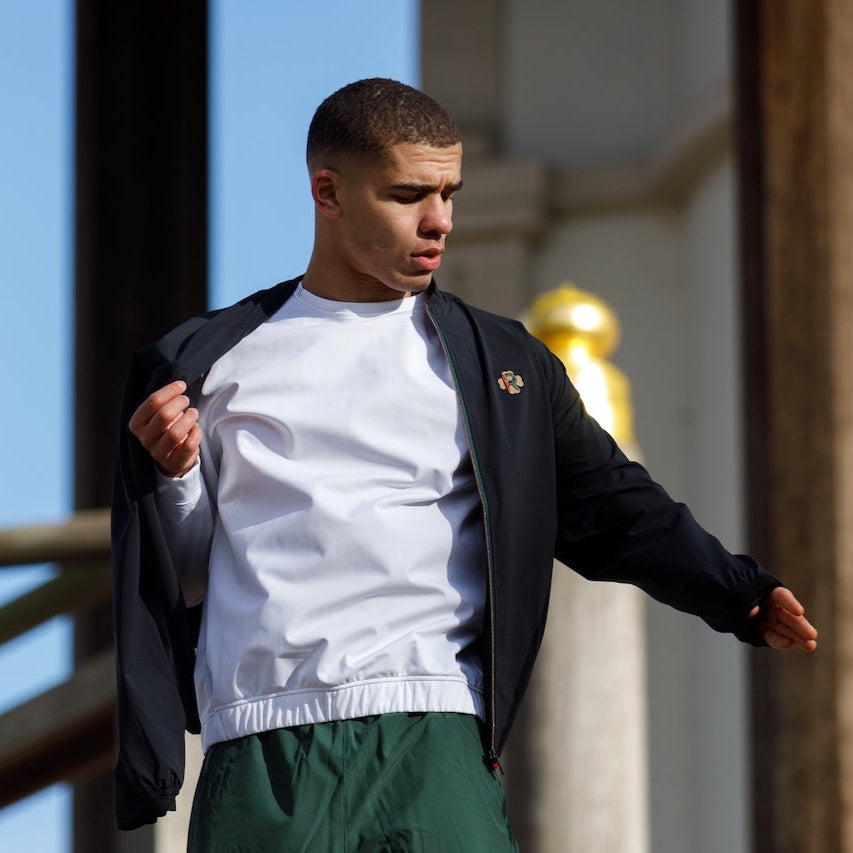
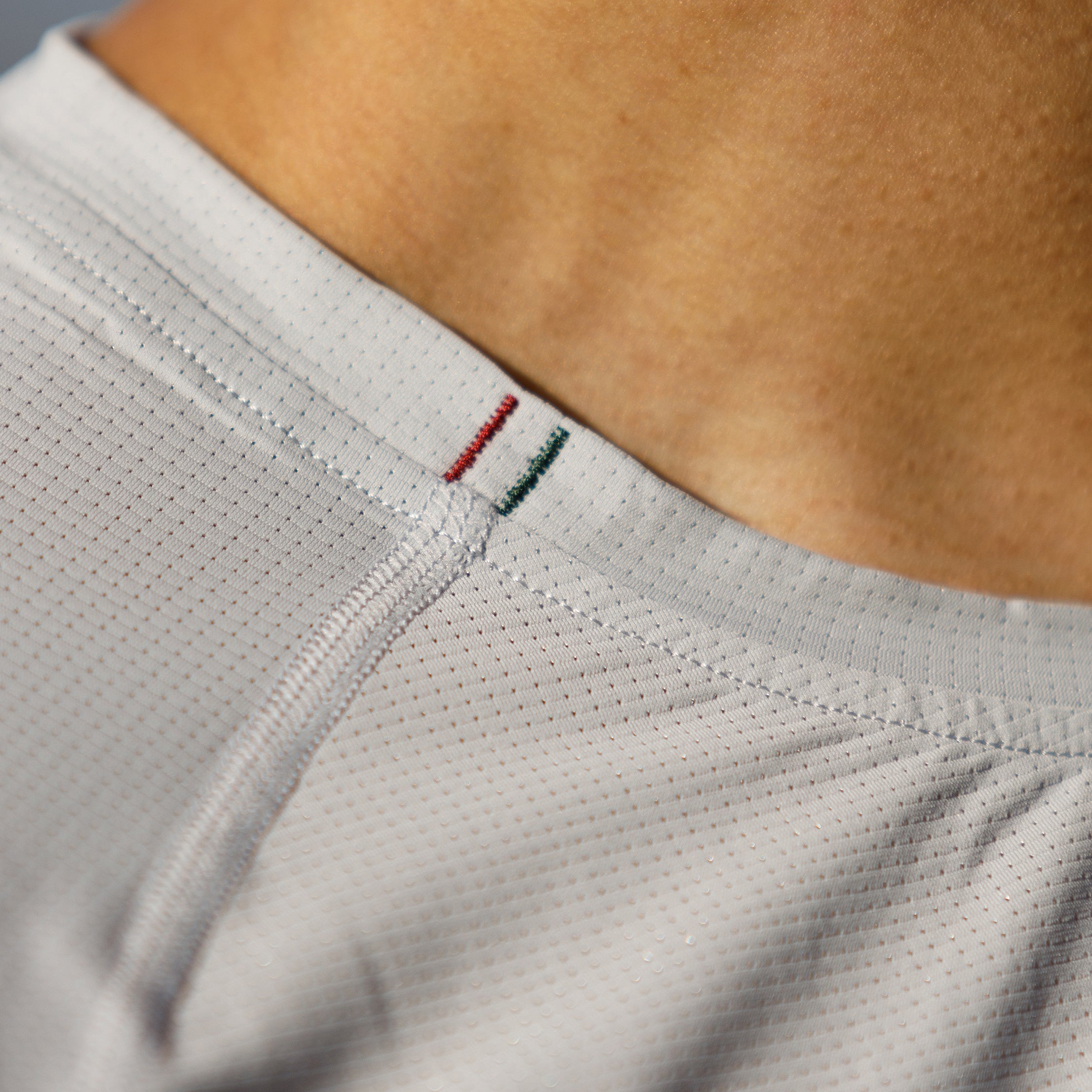
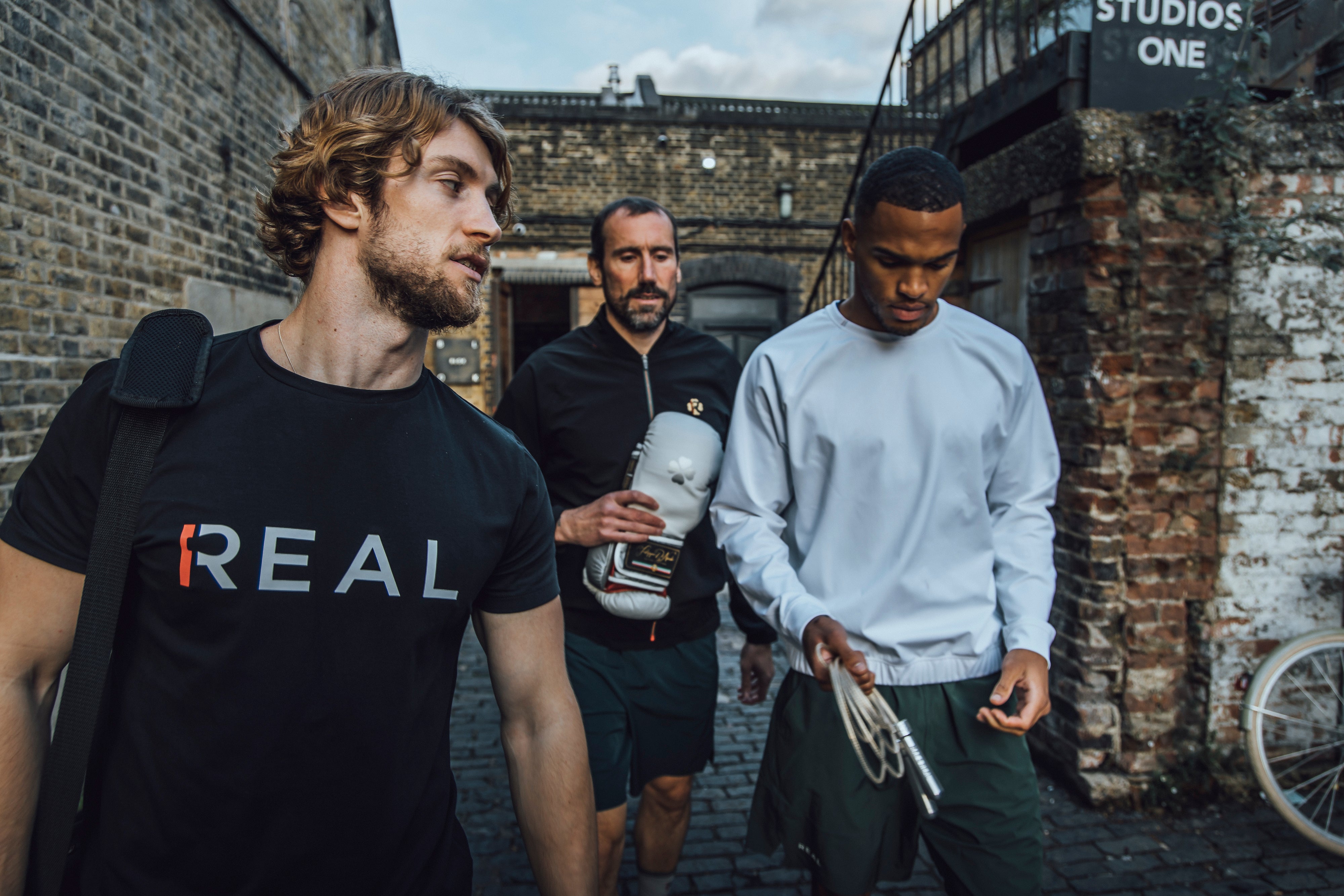

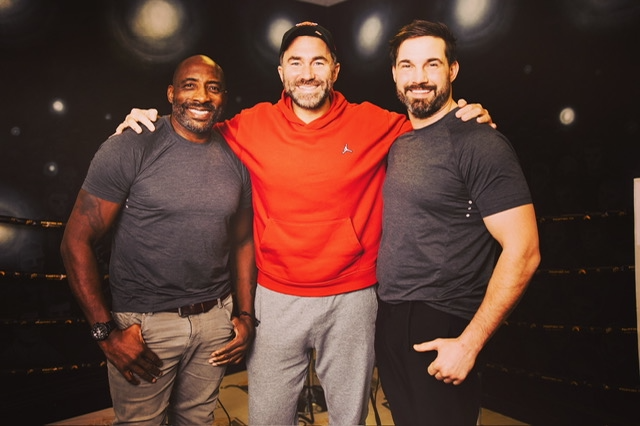
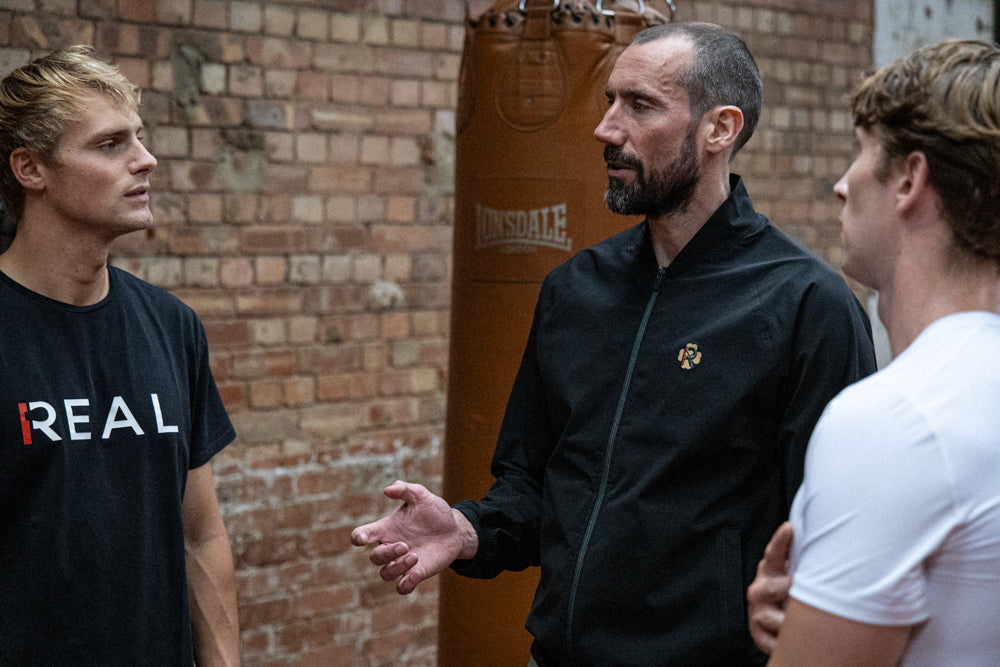


Leave a comment
This site is protected by hCaptcha and the hCaptcha Privacy Policy and Terms of Service apply.